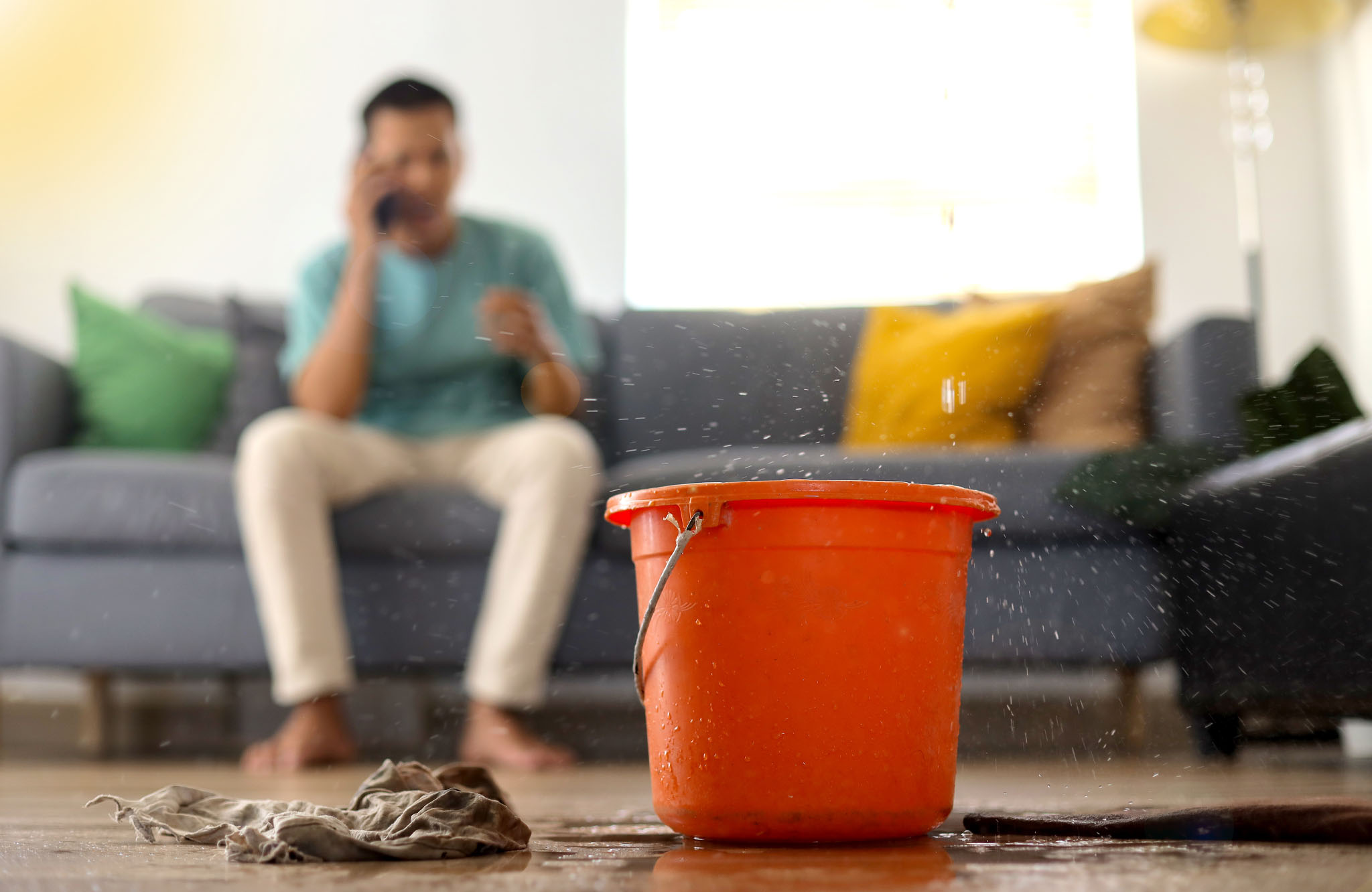
The Hidden Costs of DIY Plumbing Mistakes: Why Hiring a Pro Saves More Than Money
June 16, 2025

After water crises emerged in United States cities such as Flint, Michigan, it’s become more apparent that more needs to be done in terms of water shortages and safety. At...
November 1, 2019
The water crises in cities like Flint, Michigan have raised concerns about water safety and shortages across the country. At Finken, we are committed to providing clean, safe drinking water to our local communities and educating homeowners about water quality and scarcity.
For public water supplies, the United States Environmental Protection Agency (EPA) is responsible for testing and ensuring safety. However, in rural areas, many families rely on private wells, which are not monitored by the government.
This means private well owners are responsible for testing and maintaining their own water supply. If you source water from a private well, the first step is to schedule a complimentary water test with Finken’s water analysts. We’ll help you identify any issues and determine the best solutions for safe, great-tasting water.
The CDC recommends that well owners test their water at least once a year for:
✔️ Total coliform bacteria
✔️ Nitrates
✔️ Total dissolved solids
✔️ pH levels
If you suspect issues with your water, contact your local water supplier or schedule a free water test with Finken to diagnose common problems.
Cloudy or white/gray water is usually caused by excess air in the water, often due to high water pressure. If the cloudiness doesn’t clear up quickly, it could be a sign of hard water.
Hard water contains high levels of calcium, magnesium, and iron. While not harmful to health, it can:
A water softener can help eliminate these issues.
Traces of chlorine in water are normal and have been used historically to sanitize city water lines. While not harmful, chlorine can:
A water filtration system can remove chlorine for better-tasting water.
Regular water testing helps identify and prevent issues that can affect the taste, smell, and quality of your water. By removing harmful minerals and compounds, you can ensure your water is clean, safe, and refreshing.
Consult with one of Finken’s expert water analysts today to determine the best water solutions for your home.
Call us to schedule your free water test!

Resources
